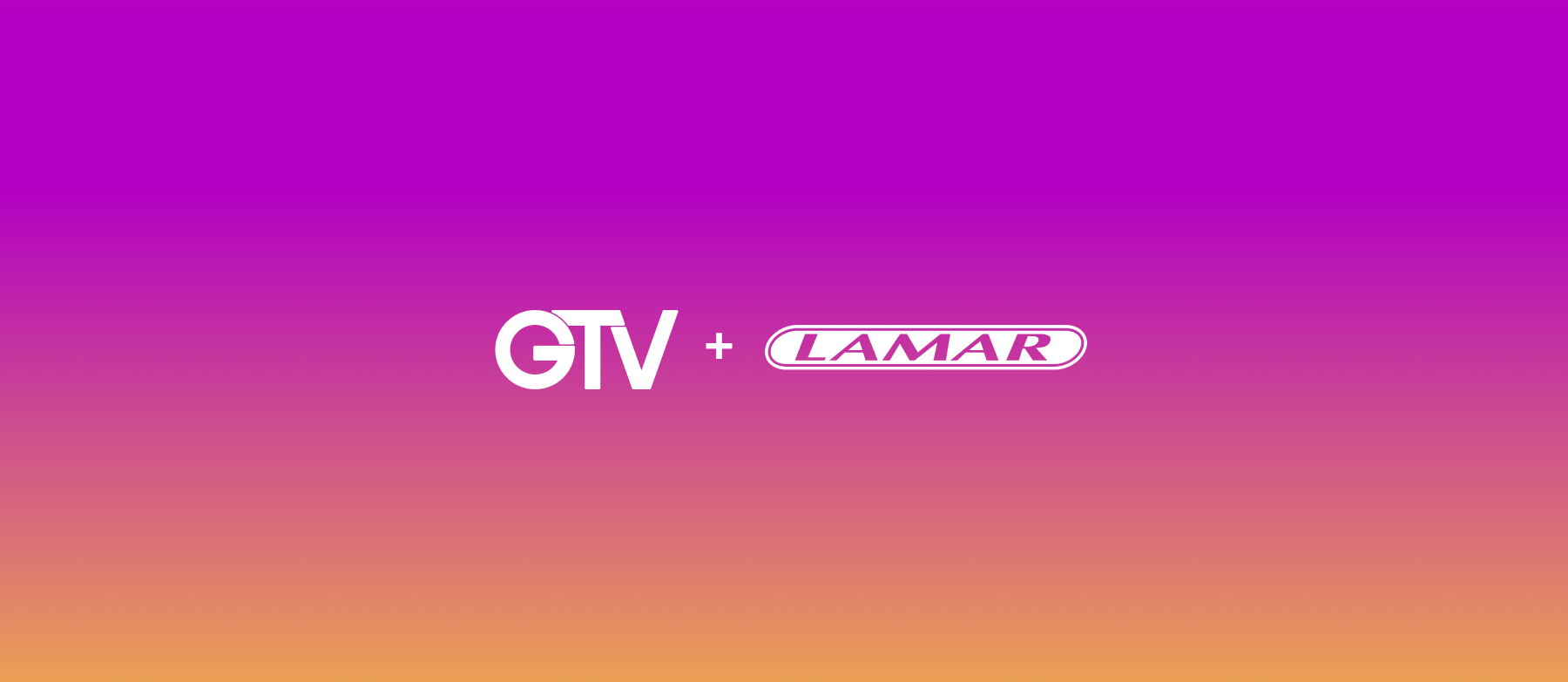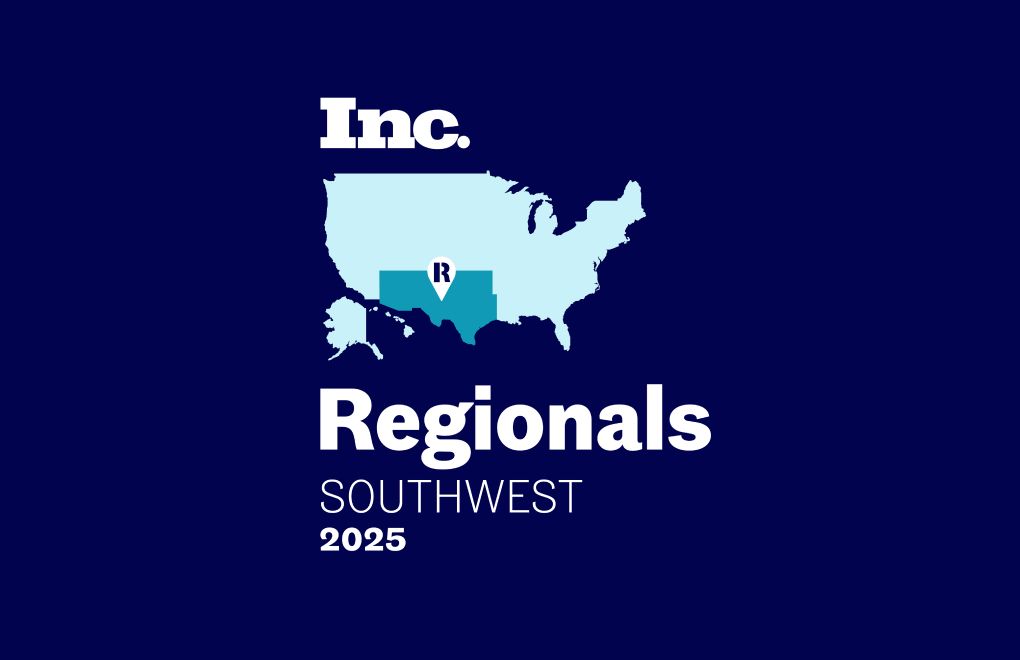The number of Digital Out-of-Home (DOOH) screens has been growing at a rapid pace over the past few years. According to a recent report, the DOOH market is expected to increase at a compound annual growth rate of 10.35% over the next five years to reach $33 billion in 2026 (up from $17 billion in 2019).
It's exciting to see the channel utilized by more brands and advertisers, but this growth also poses the question: With so many options for digital billboards and displays across the country, how do advertisers prioritize which media channels to invest in? And how do they know if they're accomplishing their advertising goals efficiently?
The word "premium" is often used ambiguously to describe inventory that is more valuable to advertisers. Ultimately, this is a subjective descriptor that also depends on an advertiser's goals (example: brand awareness vs. conversion). In an effort to be more transparent about what we mean when we describe "premium" inventory, we've broken down some of the factors that contribute to our definition and may be worth considering in planning DOOH campaigns.
Here's what we take into consideration:
- -Location
Displays are located in highly visible areas and in locations that people trust. - -Dwell time
Consumers spend a considerable amount of time near the displays, such as waiting in line at the checkout aisle of a grocery store, which has an average dwell time of 4.5 minutes. - -Foot traffic
Displays are in venues, retail stores, public spaces, or other spots that consumers visit frequently throughout their day, such as a major highway in the heart of the city. - -Campaign metrics
Being able to accurately track key campaign metrics such as reach and impressions, similar to what's possible with online channels.
Like other marketing channels, planning a DOOH campaign involves considering multiple touchpoints along the customer journey. In order to make it easier to plan campaigns across multiple types of premium inventory, our team decided to partner with Lamar Advertising in order to package our DOOH displays in grocery stores with their large format digital billboards and make them available to advertisers through a PMP (Private Marketplace) deal.
What's the Goal?
The goal of the partnership is to make it easy for brands to reach audiences throughout their daily routines, such as their drive to work or while they’re running errands in stores.
"We see the partnership with Grocery TV as an opportunity to combine two important touchpoints along the consumer journey," said Lamar’s Vice President of Digital Growth, Ian Dallimore. "By running campaigns on our digital billboards along with nearby Grocery TV displays, advertisers can make meaningful connections and build brand credibility."
Over the last 4 months, we've seen a steady increase in traffic on the Grocery TV network, with one indication being the 219% jump in retail foot traffic over the 4th of July compared to pre-vaccine levels. A new OAAA-Harris Poll revealed that Americans are also back on the roads, and 83% of consumers say they're noticing out-of-home ads while driving.
"We're confident that traffic will continue rising as we approach fall holidays, which is going to be a great opportunity to get in front of consumers," said Nolan Johnson, Head of Sales at Grocery TV. "Our team looks forward to working with Lamar on giving marketers access to their audiences across the country."
Keep in Touch
Let us know if you have any questions about this new partnership, and be sure to subscribe to our GTV Gist newsletter below to stay up to date with our network!




![[Report] In-Store Retail Media: The Key to Driving Incremental Reach for Brands](/content/images/2025/05/GTV-Incremental-Study-1.jpg)
